What is menopause-related joint pain?
Are you feeling the odd ‘ouch’ or ‘ooph’ going about your daily life? If so, you’re not alone. Many women report having muscle and joint aches and pains (‘musculoskeletal pain’) as they transition through the menopause.
If you’ve got an underlying joint condition, it can be difficult to tell the difference between aches and pains from the menopause and those from arthritis. While having aches and pains doesn’t necessarily mean you have arthritis, it’s essential to know when to ask for more help and advice.
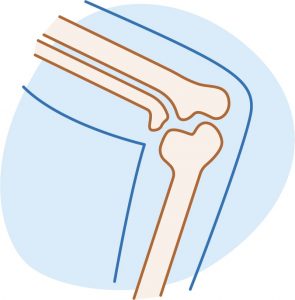 During the menopause, women can be more likely to get osteoarthritis (particularly in the hands) and possibly rheumatoid arthritis. Osteoarthritis is caused by wear and tear to the joints. By contrast, rheumatoid arthritis is an autoimmune disease. This means your immune system (which usually fights infection) mistakenly attacks the cells that line your joints, making the joints swollen, stiff and painful.
During the menopause, women can be more likely to get osteoarthritis (particularly in the hands) and possibly rheumatoid arthritis. Osteoarthritis is caused by wear and tear to the joints. By contrast, rheumatoid arthritis is an autoimmune disease. This means your immune system (which usually fights infection) mistakenly attacks the cells that line your joints, making the joints swollen, stiff and painful.
You’ll need to see a doctor and, usually, have investigations to get a diagnosis of either of these conditions.
What causes joint pain?
Oestrogen is likely to play an important role in the onset of musculoskeletal aches and pains in the menopause. Oestrogen affects your cartilage, which is the connective tissue in joints, as well as bone turnover (the natural replacement of bone in your body), so it can play a part in inflammation and pain. Replacing oestrogen with HRT has been shown to benefit all of these areas (see below for more on treatment)[1].
How many women typically experience joint pain?
Menopause-related joint aches are particularly common, and in one recent survey, they were experienced by almost 40% of women aged between 45 and 65[2].
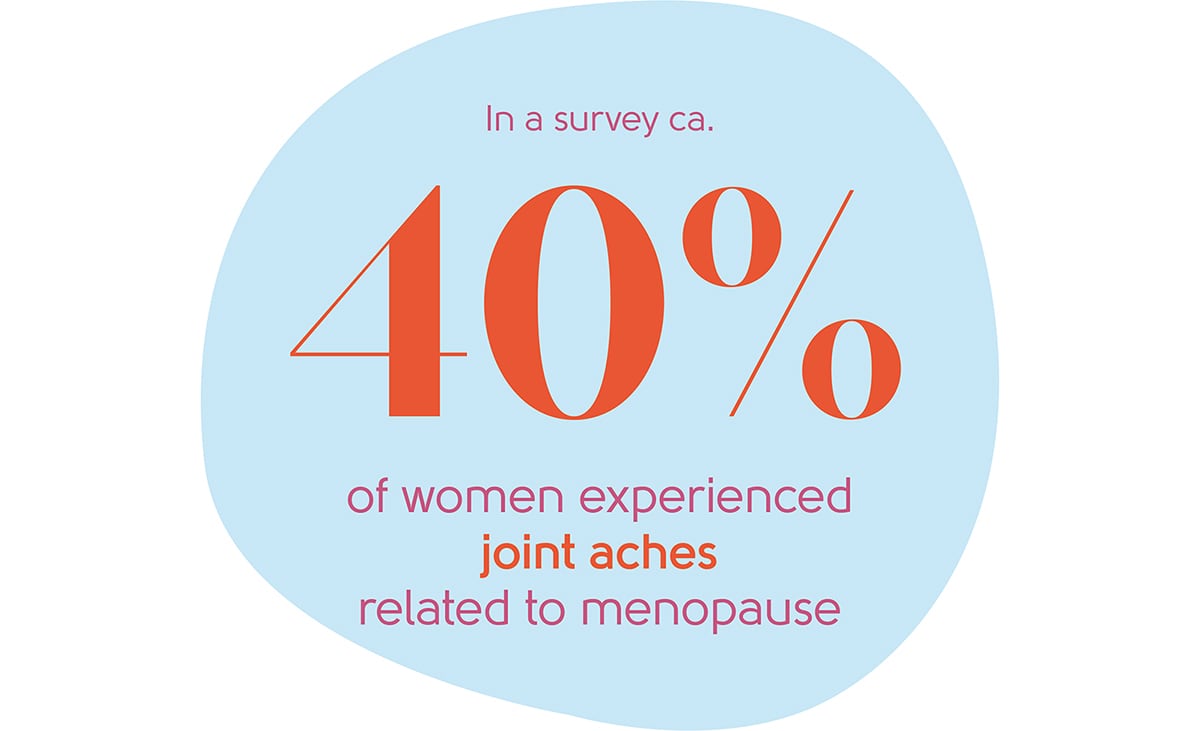
Is joint pain linked to any particular stage of the menopause?
Musculoskeletal pain can be experienced at all stages of the menopause. Anecdotally, it can be an early sign of the menopause for some women before any other symptoms develop.
How can joint pain be treated?
If you’re concerned about your aches and pains, please talk to your GP about them. If any of your joints are hot, red or swollen and you feel feverish and unwell, you should seek urgent medical attention.
There are several things you can do to help with joint pain during the menopause:
Weight control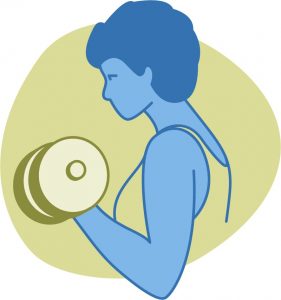
If you’re overweight or obese, controlling your weight can help with musculoskeletal pain. It’s a good idea to start exercising gently and gradually build up the intensity to regular exercise. Weight-bearing exercises help a lot of women. Our friends at Her Spirit can help you find an activity for you and provide the support to do it.
You can learn more about our nutrition partner, Joanne Bolger.
Stress reduction
Do whatever you can to relieve stress, as anxiety and depression can add to musculoskeletal pain. Any pain and stiffness can feel worse if you are feeling these emotions.
Quality sleep
If you’re having sleep issues, sorting this out can help you manage your pain, as all sorts of pain can feel worse when you are tired. More information on sleep here.
Cognitive Behavioural Therapy (CBT)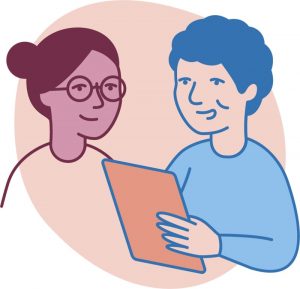
CBT can challenge thinking around pain and help you break out of the vicious cycle of pain, low mood, stress and anxiety. Find out more about our CBT partners Sue Makin and Claire Lloyd.
Yoga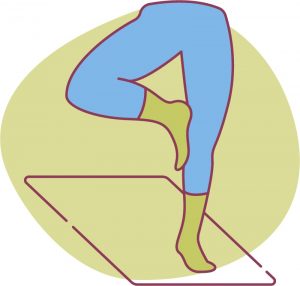
Yoga helps you to relax your body physically, improving stretch and flexibility and could help muscle aches. Pilates is a good way of improving strength and posture.
Over-the-counter medications
There are over-the-counter medications that can help with your symptoms and reduce inflammation. These include:
-
- Simple painkillers
- Anti-inflammatory gel rubs
- Anti-inflammatory medication (note: as long as you don’t have a medical condition that would make this medication risky – speaking to the pharmacist is advised and can be helpful)
Hormone Replacement Therapy (HRT)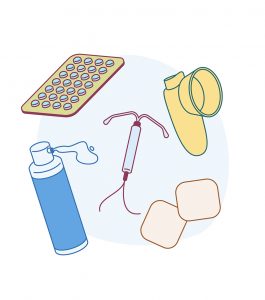
There is evidence that HRT can help the musculoskeletal pains caused by the menopause by restoring hormone levels. It can be beneficial for arthritis too. We have treated women whose joint pains were their only menopause symptom, and these were completely resolved.
HRT is the most effective way of managing menopause symptoms and improves the overall quality of life, energy levels and sleep[3].
You can find out everything you need to know about HRT, including the benefits and risks, on our HRT information page.
What next?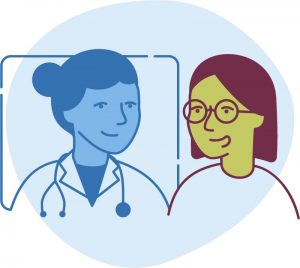
If you’re experiencing joint pain, see your GP. If you would like to discuss your symptoms in the context of the menopause, book an appointment with our menopause clinic.
If you think you may be experiencing symptoms of the menopause transition, you can learn more with our symptom checker or by taking our Menopause Questionnaire.
You can also find more information about the menopause transition at the British Menopause Society and the National Institute for Health and Care Excellence.
Sharing is caring
Was this information helpful? Share and spread the word.
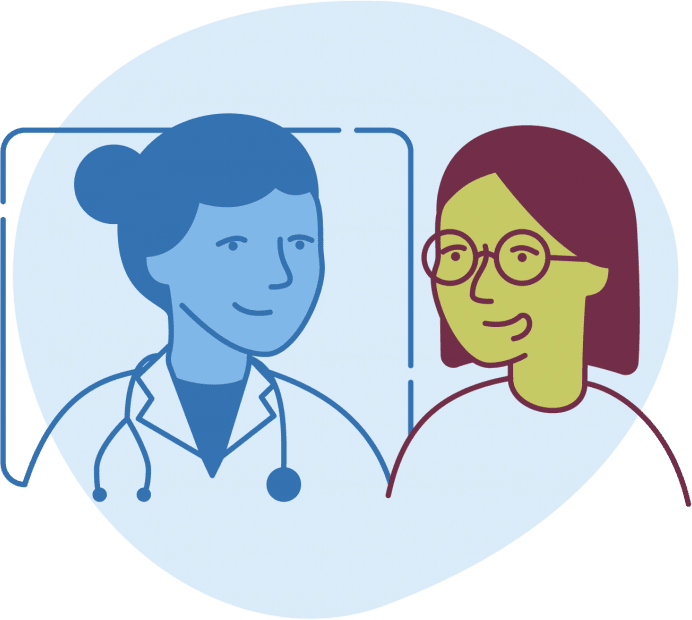
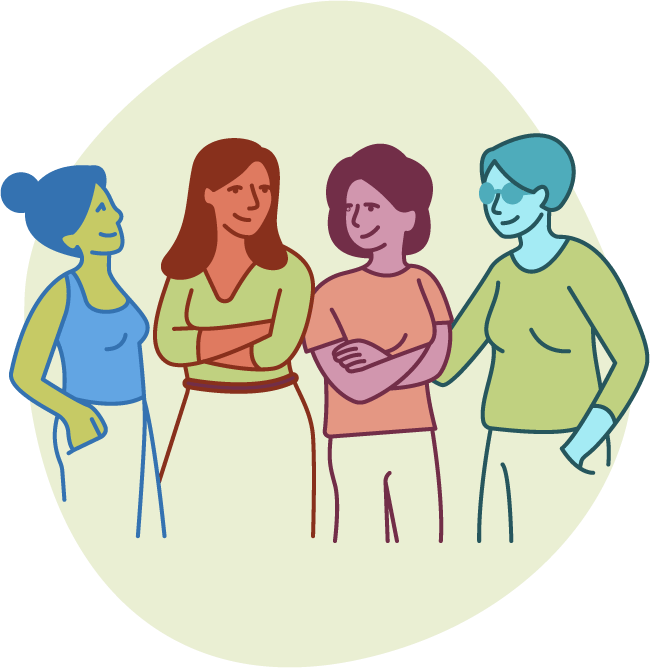
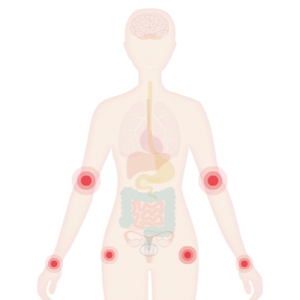
 During the menopause, women can be more likely to get osteoarthritis (particularly in the hands) and possibly rheumatoid arthritis. Osteoarthritis is caused by wear and tear to the joints.
During the menopause, women can be more likely to get osteoarthritis (particularly in the hands) and possibly rheumatoid arthritis. Osteoarthritis is caused by wear and tear to the joints. 
























